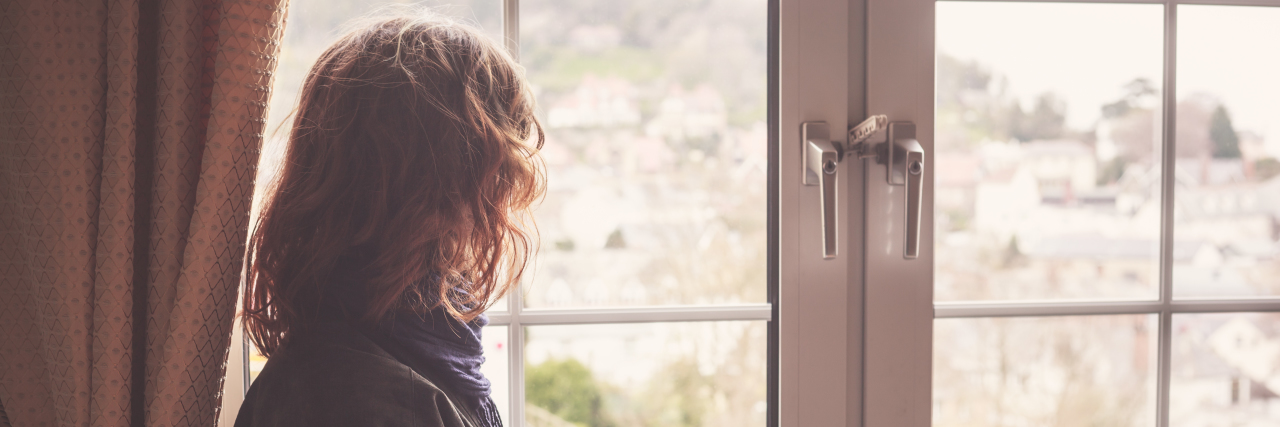While I don’t reveal this to many, I am a rare “zebra” and I even have a T-shirt from a medical study to which I contributed. For many years I didn’t understand the rarity of my diagnosis until I began to read for myself what it meant. I’m grateful that when I went searching online, I found some wonderful advocates who had been working to support people just like me. As I reflect on my diagnosis almost two decades ago, I realize there are some points I wish I had known when I became a medical “zebra.”
- Being rare is hard to explain. It’s OK to try and explain. Sometimes you have to. It’s OK to feel frustrated when people don’t understand. It’s OK to keep your details private if you want. I’ve been reading about my conditions for years. I can explain the tip of the iceberg, but I can’t expect anyone to understand the whole iceberg from a quick explanation.
- Being rare is easily misunderstood, or worse, often brushed off by medical providers. I have met some amazing doctors, nurses and physical therapists. Many of them try their best to understand. Others do not believe my symptoms are real. To be honest, I’ve made my own communication blunders that only made the situation worse. No matter how much I prepare myself, it’s never easy to feel ignored or to feel that your doctor doesn’t believe you. It’s always hard. I remind myself that the rarity of my situation is usually the cause of confusion, not the people who don’t understand.
- Being rare can pose its own danger. The saying “knowledge is power”carries so much weight when you’re rare. I’ve been given untrue and unsafe medical advice from people who meant well. I’ve been misdiagnosed. I’ve missed monitoring and testing because I didn’t know what I needed, and neither did my doctors. I’ve spent many hours and hundreds of dollars at the wrong specialists because none of us knew what was going on. I’ve been fortunate that all is well for me, but many others are not so fortunate. The great challenge of being rare, in a word, is ignorance. Ignorance is no one’s fault, but it can be dangerous.
- Being rare requires extra effort. You may have to work harder to find specialists who have the specific knowledge you need. You may be looked down on for being the squeaky wheel. You may be ignored or denied care. It happens. I’ve been blessed in spite of all this, but others like me have been harmed by their providers simply not recognizing important details. At times, you have to speak up for yourself and push beyond what you normally would. Be nice, but don’t be afraid to speak up. Sometimes the best action is to move on and keep searching for clearer answers.
- Being rare might make an activist out of you.When I search my conditions in medical journals, there aren’t too many, and most of the published articles aren’t even trials for humans. They are for dogs. I didn’t understand medical activism or the cry for “awareness” until I faced what this meant for my diagnosis. As I began to concretely benefit from the activism of a patient organization, I realized that contributions (of time or money) to the right causes can change and even save lives.
- Being rare does not mean you’re alone. Nothing is as discouraging as feeling alone in a fight. When it feels like no one understands, that only adds to the frustrations of health problems. I have never met anyone in person who shared my diagnosis, but through the Internet I have found helpful information and some tremendous, supportive people. There is no substitute for knowing that you are not alone.
- Being rare leaves questions unanswered. One of the most prominent lessons I’ve learned on my rare journey is that our knowledge has limits. No matter how hard I work, push, read… I still have unanswered questions. It’s not fair to expect my medical providers to have all the knowledge of higher powers. It is best to approach their care with gratefulness for their expertise, and to be realistic about what they can and cannot help with. They are doing the best they can. Our bodies are amazing and complicated, and as my rare disease has helped me understand — we are all truly unique.
Originally published: March 5, 2019

